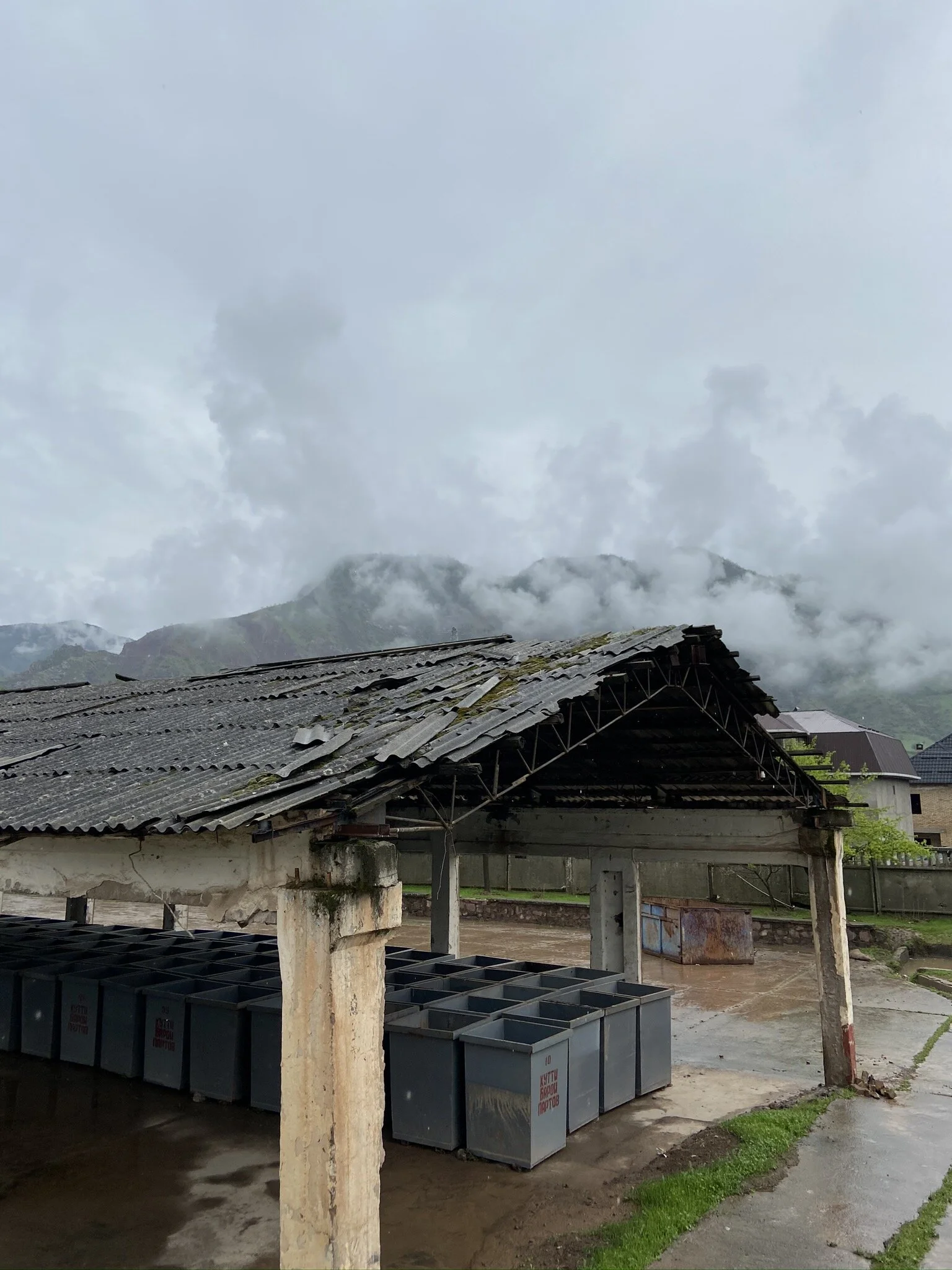Asbestos in the CIS
Asbestos, or ‘Asbest’ as it’s known in Russian speaking countries is a hot commodity in the Commonwealth of Independent States (CIS).
The Commonwealth (member states and associate states) is made up of the following countries;
Armenia, Azerbaijan, Belarus, Kazakhstan, Kyrgyzstan, Moldova, Russia, Tajikistan, Uzbekistan, Turkmenistan.
Although each nation of the CIS is culturally unique, they still have several things in common. All member states are former USSR countries (gaining their independence in 1991), they still speak Russian (typically as a second language), and they still use Asbestos in huge amounts in their construction and infrastructure projects. Even though Asbestos is banned in 60 countries worldwide, not one of the 10 CIS member/associate states has yet banned the use of the deadly material. Breathing in the microscopic fibres can cause fatal diseases of the lungs and respiratory system including Asbestosis, Mesothelioma and Asbestos related lung cancer.
All of the countries have a close proximity to both Russia and China, and with one of the biggest worldwide producers of Asbestos within their ranks (Kazakhstan), ‘Asbest’ is abundantly available, cheap and heavily used in the CIS. The unmatched qualities of Asbestos (extreme heat resistance, chemical resistance and sound attenuation) combined with the low cost associated with a natural resource that comes out of the ground, make it a hard prospect to pass up, let alone prohibit.
Chrysotile (White Asbestos) is the most commonly available type of Asbestos fibre in the region, which is marketed as the ‘safe’ Asbestos by unscrupulous mining and production companies. When it’s not being described as ‘safe’, Chrysotile Asbestos products are described as something suspiciously different. Asbestos cement is called ‘fibre cement’, Asbestos gaskets are called ‘fibre gaskets’ – the negative connotations of the ‘A’ word have obviously been felt by the production companies and is subsequently now being omitted.
Although less carcinogenic than the other two main types of Asbestos (Brown and Blue), Chrysotile is far from safe. The World Health Organization (WHO) has repeatedly stated that all forms of Asbestos are a ‘Grade 1 Carcinogen’ – that is, they are proven and known to cause cancer in humans. The more you breathe in, regardless of the fibre type, the greater the chance of contracting one of the fatal respiratory diseases. In fact, the WHO goes on to state that approximately 107,000 people die every year as a result of Asbestos related disease.
So, what can be done to reduce the impact of the deadly material?
Prohibition
First, all CIS countries should implement a comprehensive ban on the import, use and manufacture of Asbestos related products. Safer alternatives are available on the market and these should be used across the board.
Asbestos Surveys
In order to identify where the problem lies, Asbestos surveys should be conducted in all non-domestic properties. The surveys should be implemented on a risk assessment basis with the higher risk facilities (power stations, industrial sites and facilities with significant fire proofing requirements) as well as those with sensitive receptors (schools, hospitals etc.) being prioritized. The findings should be used to dictate whether Asbestos should be removed or managed.
Asbestos Removal
If the Asbestos is in a poor condition or could lead to exposure to humans, then it should be removed. Removal should be carried out by professional companies under the supervision of an Asbestos Supervising Consultant (ASC).
Asbestos Management Plan (AMP)
If the Asbestos can be left in situ, then it should be incorporated into an AMP. Roles and responsibilities should be clearly defined, and requirements should be put in place for frequent inspections and where necessary repair of future abatement.
Conclusion
Over the last 100 years, too many countries have suffered the ill consequences of Asbestos use and exposure. It’s time for all countries, CIS or other, to say no to ‘Asbest’.
If you have any Asbestos related concerns, contact us to see how Anthesis Consulting Middle East can help you:
Charles Faulkner (Head of Environment, Health and Safety and Asbestos Team Leader)
Phone: +971 (0) 50 5541 320
Email: asbestos@anthesisgroup.com

